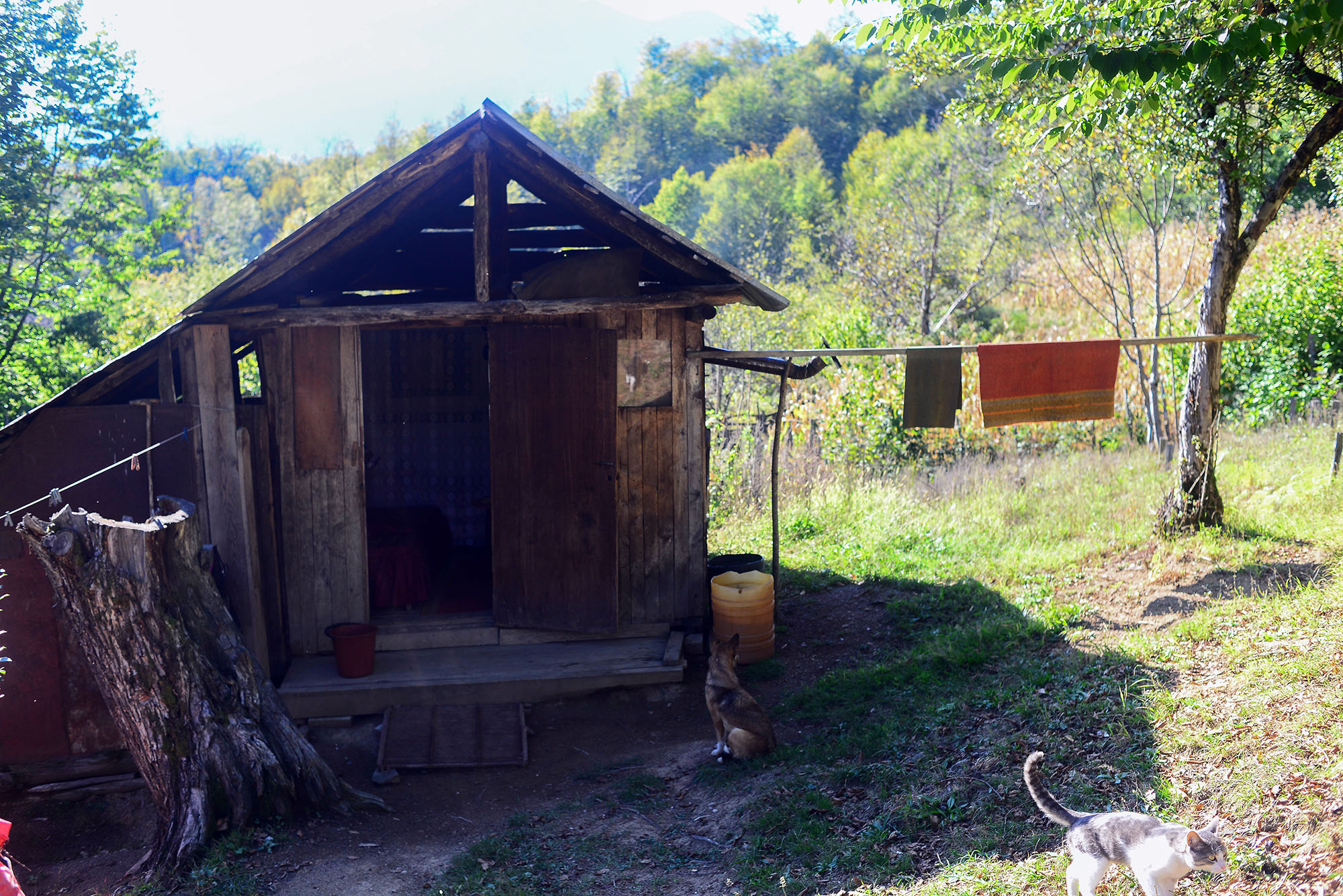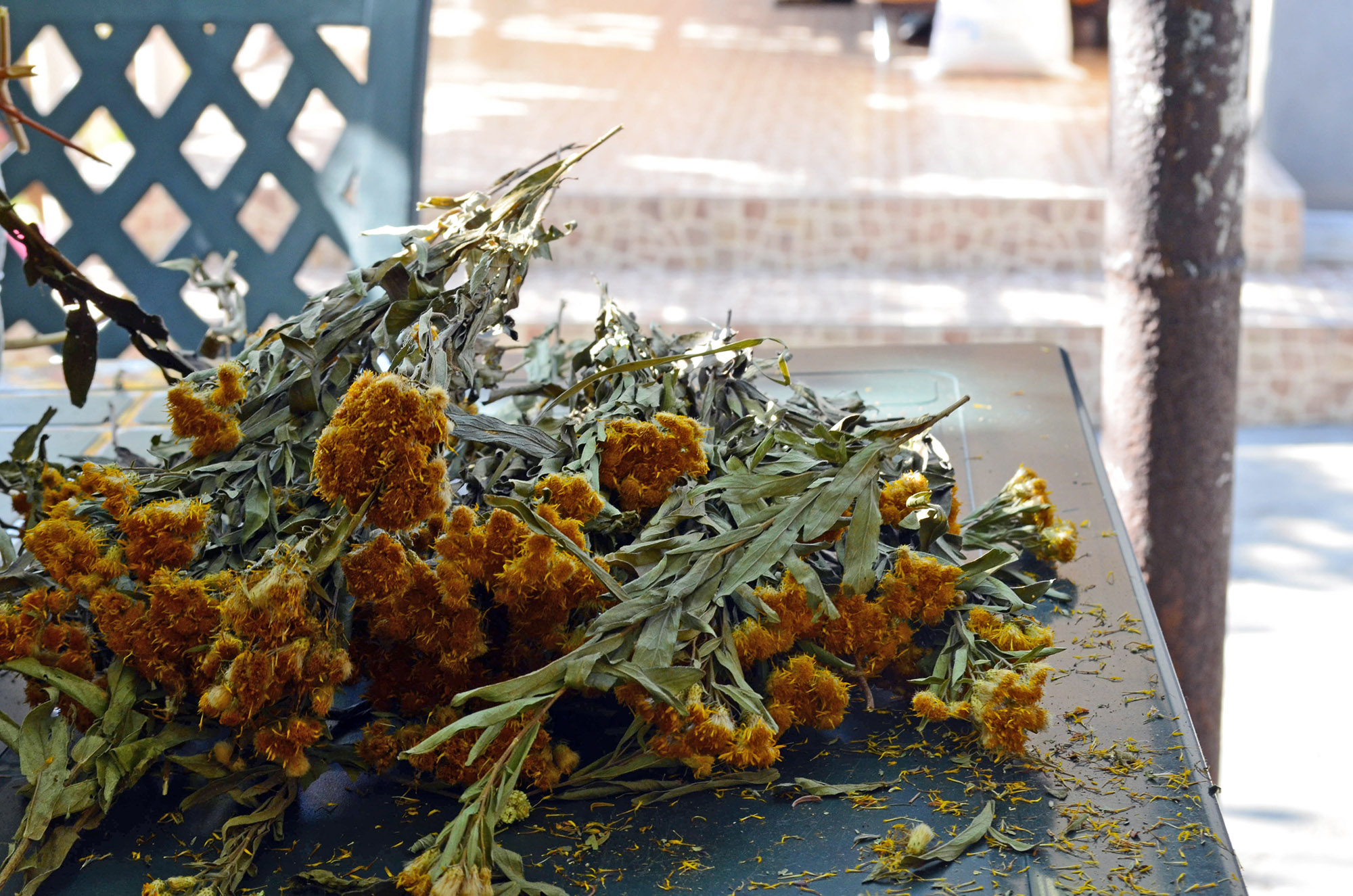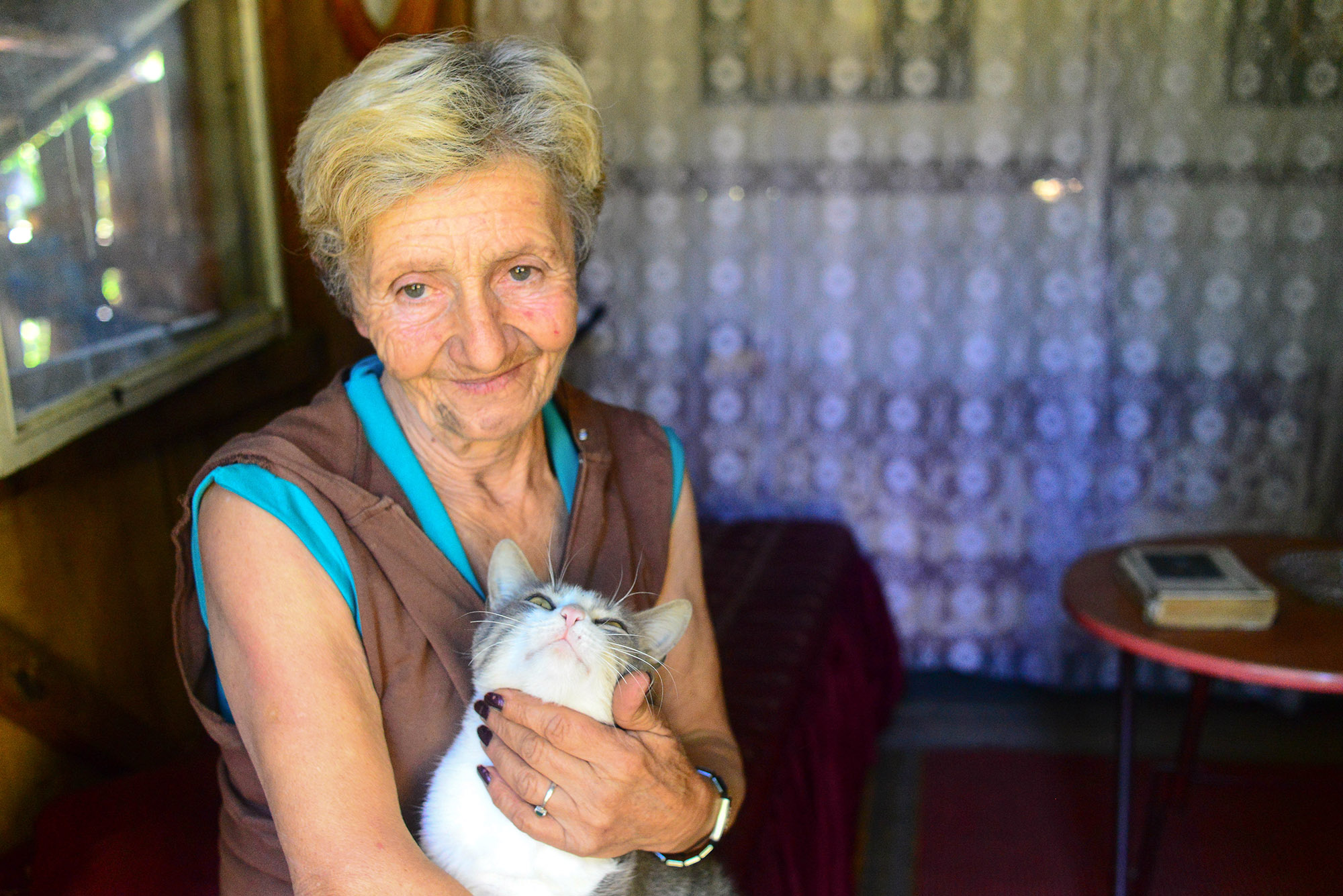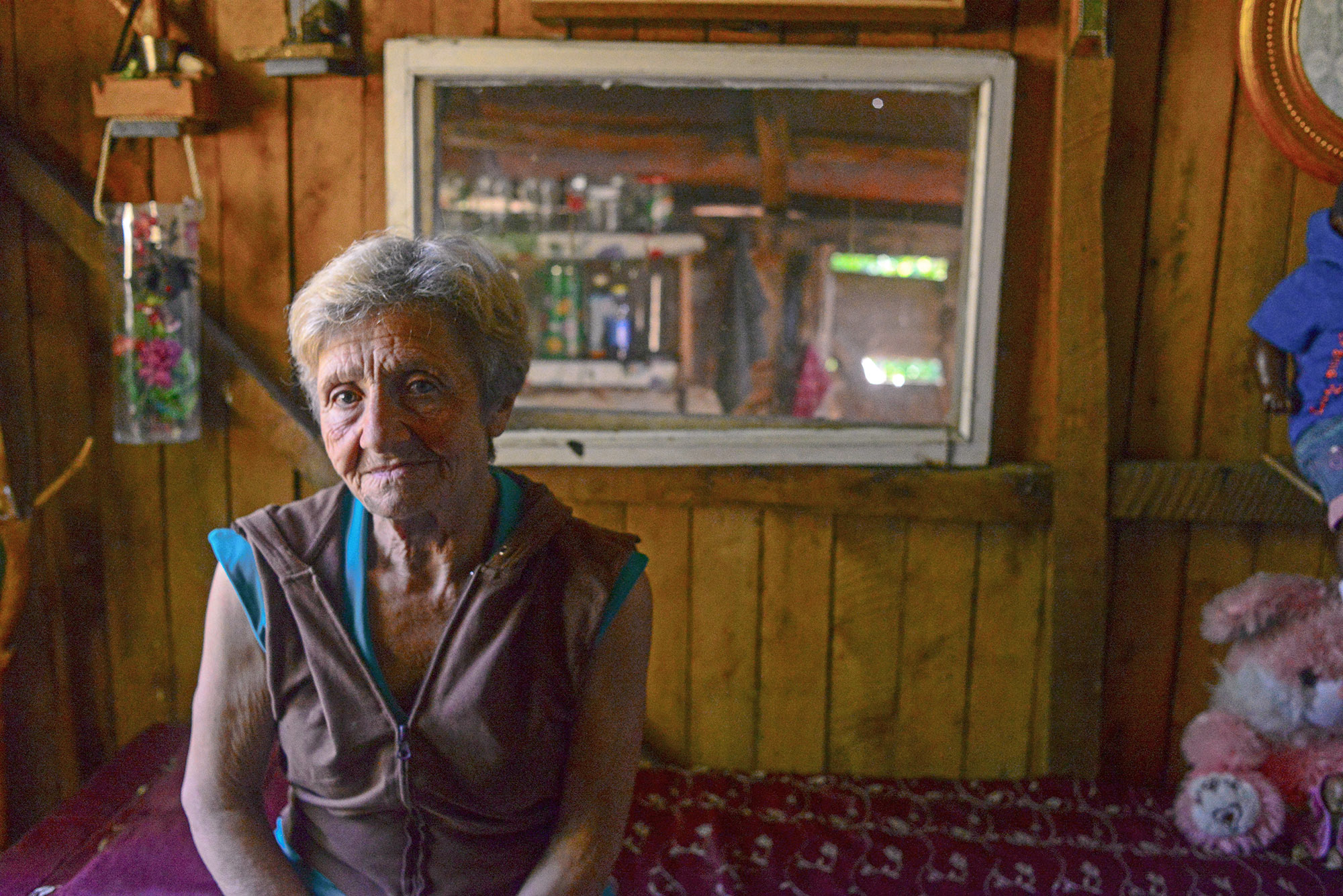
In Pictures | Women’s voices in forestry
The women who live off Georgia’s forests, and the women who tend to them tell their stories.
In Pictures | Women’s voices in forestry
 28 August 2020
28 August 2020

Georgia’s forests have nourished the country’s women for generations and continue to do so. More recently, a select few have also stepped forward as the forests’ protectors.
Marina Sujashvili, 67, was the first woman in Georgia who was awarded the title of Merited Forester. She is only one of seven women who currently work in the profession in the country.
Foresters in Georgia are ‘specialists in forest management, protection and use’ who not only protect a forest’s wildlife but take care of its entire ecosystem. They plant saplings and ensure the health of older trees, as well as keeping an eye on nearby agriculture and local woodland activity to ensure nothing falls out of balance.
For their important and varied role, they are more commonly known as ‘governors’ of the forest.
Sujashvili was inspired to take the job by her botanist mother who she had often accompanied on trips to the forest. She told OC Media that it is only natural that women work as foresters because, for many rural women, the forest is a way of life.
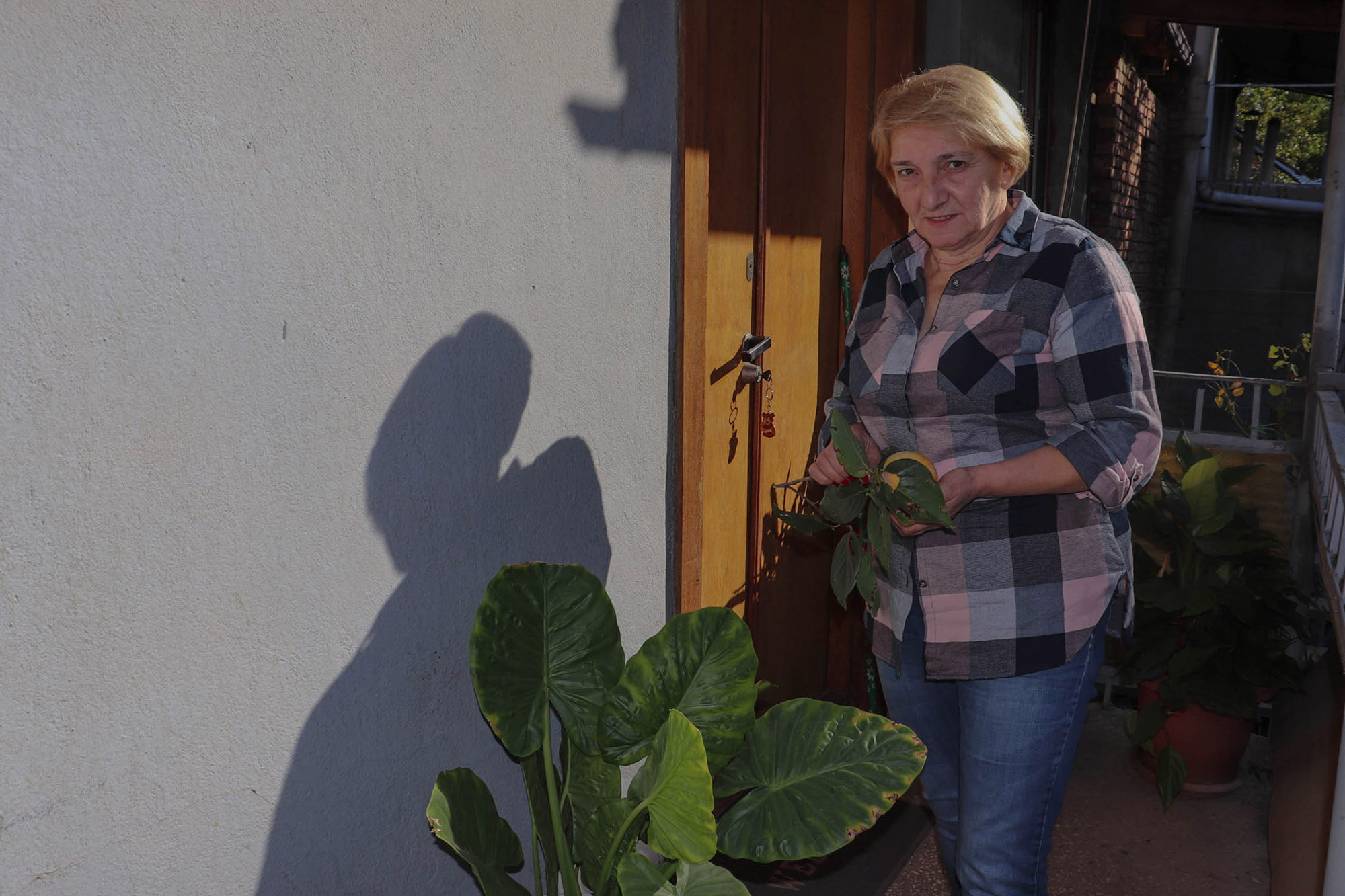
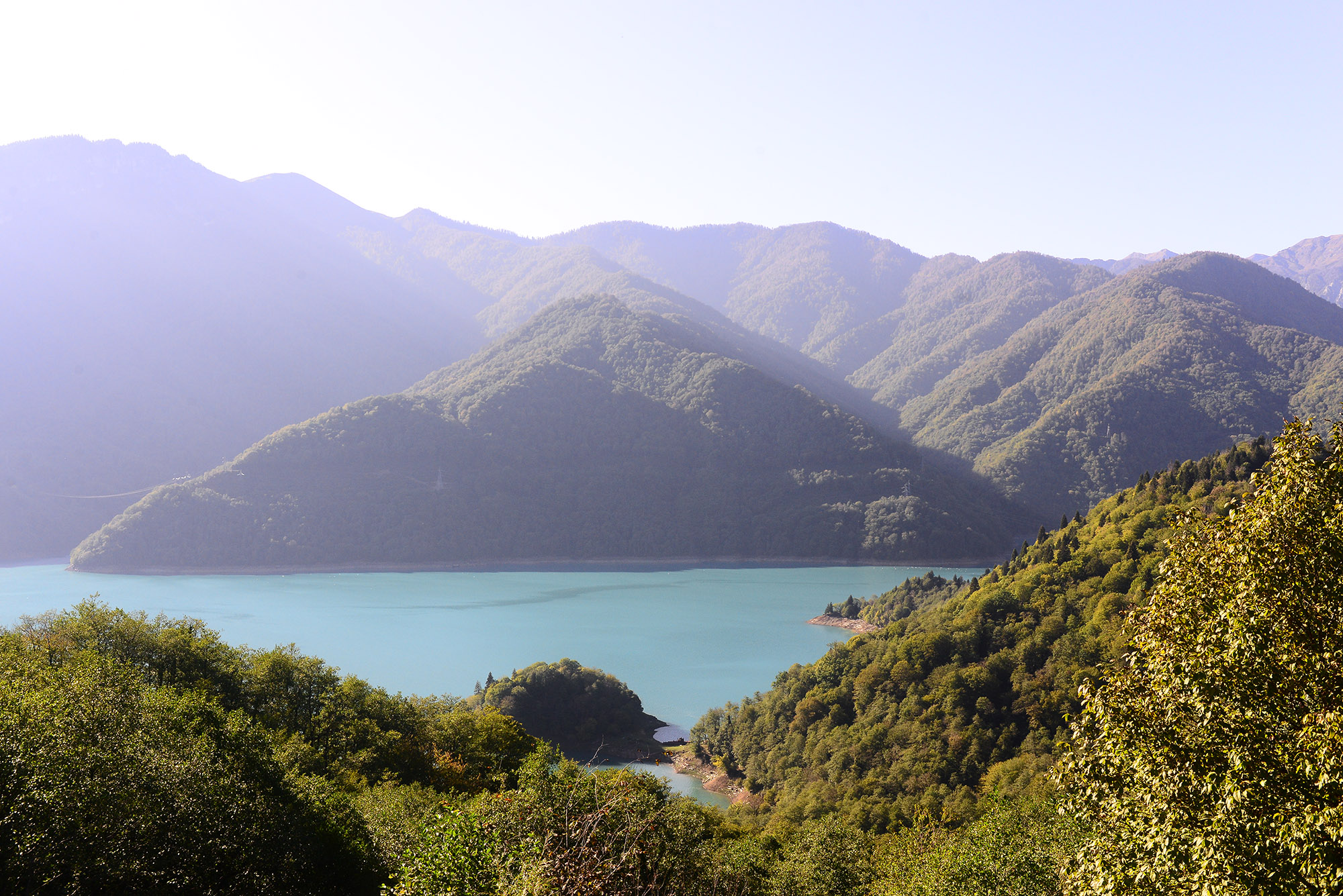
To help feed their families and to earn income for the family, rural women, together with their children or younger siblings often go into the forests to collect mushrooms, berries, nuts, and herbs.
And despite the romanticization of such work, especially in Georgian folk tales, it is hard, labour-intensive, and requires a great deal of knowledge about local ecosystems. It also earns women a significantly lower income than men who work in more formal forest-related professions, such as logging.
From the early spring till the late autumn, in Samegrelo and Kvemo Kartli, people tend to live in the forests seasonally and have temporary housing. Sometimes they even become informal ‘forest guards’ of the surroundings.
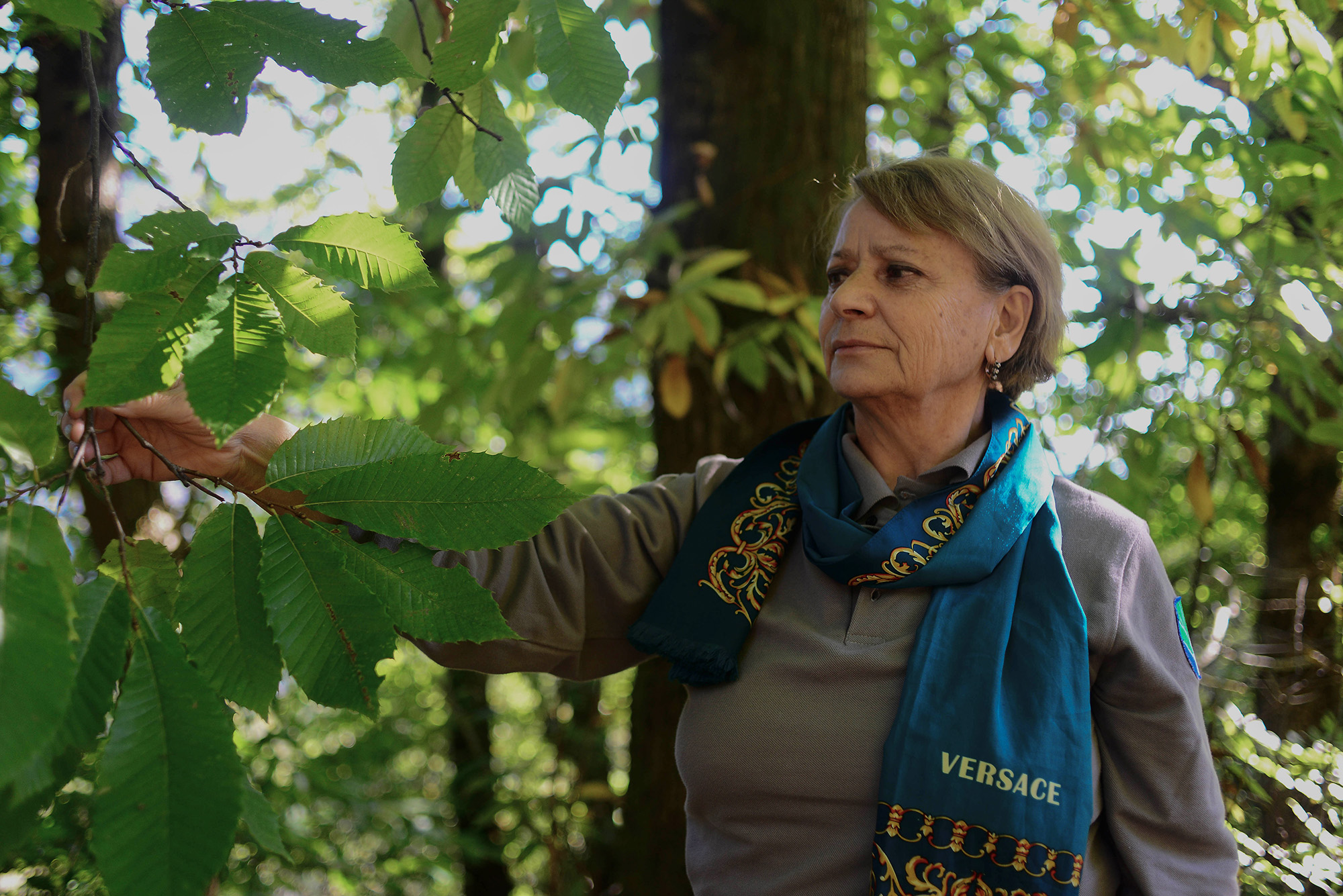
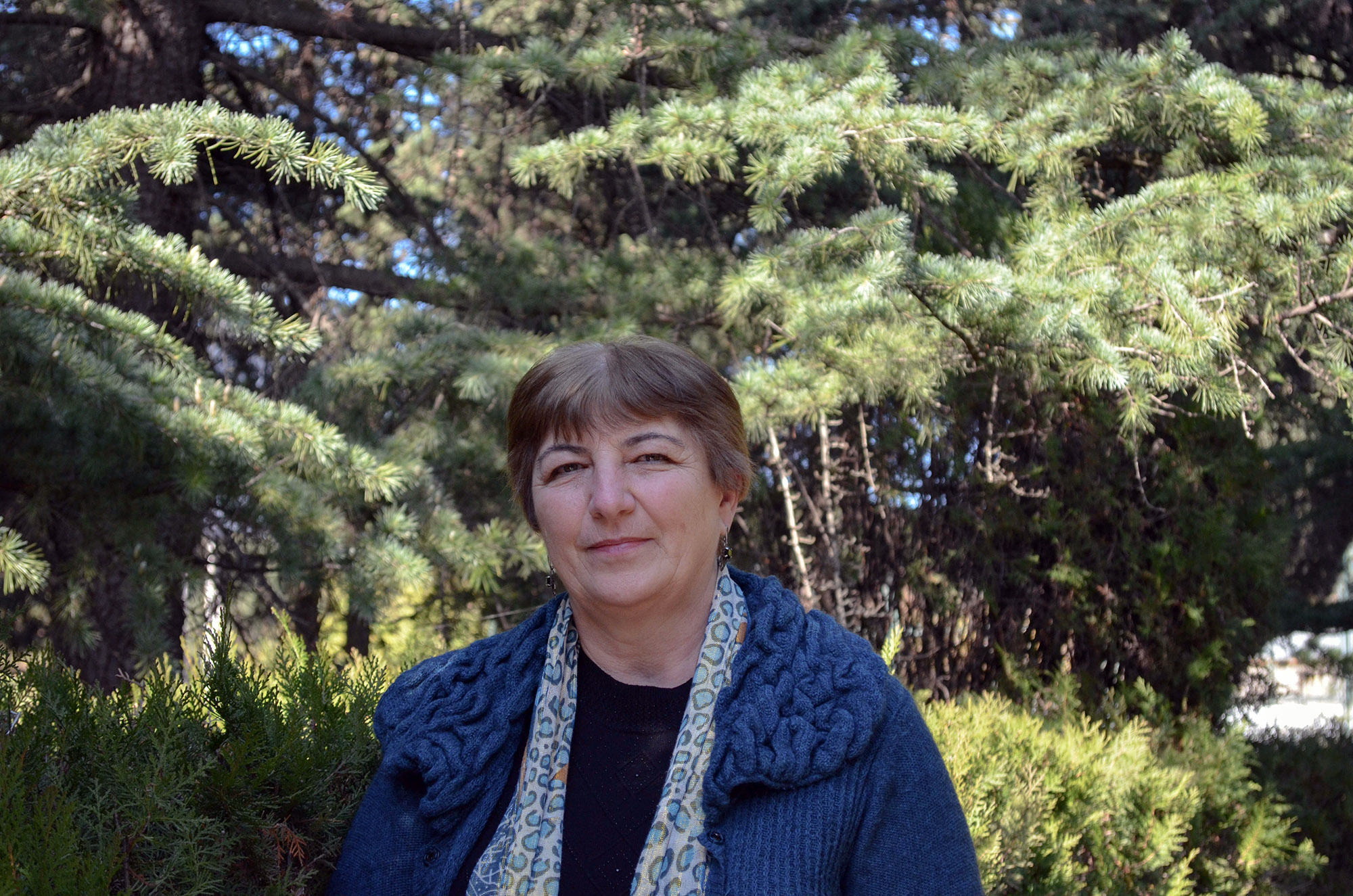
‘Work without destruction’
Leila Malashanidze lives in Bolnisi. A graduate of the Faculty of Agronomy, together with her twin sister, for almost 20 years, she collected herbs and prepared medicines.
After her sister died, Leila continued her work with the help of women living nearby.
According to Leila, despite the fact that forests in Georgia are rich with these essential plants, one of the challenges is the sustainable use of forest resources.
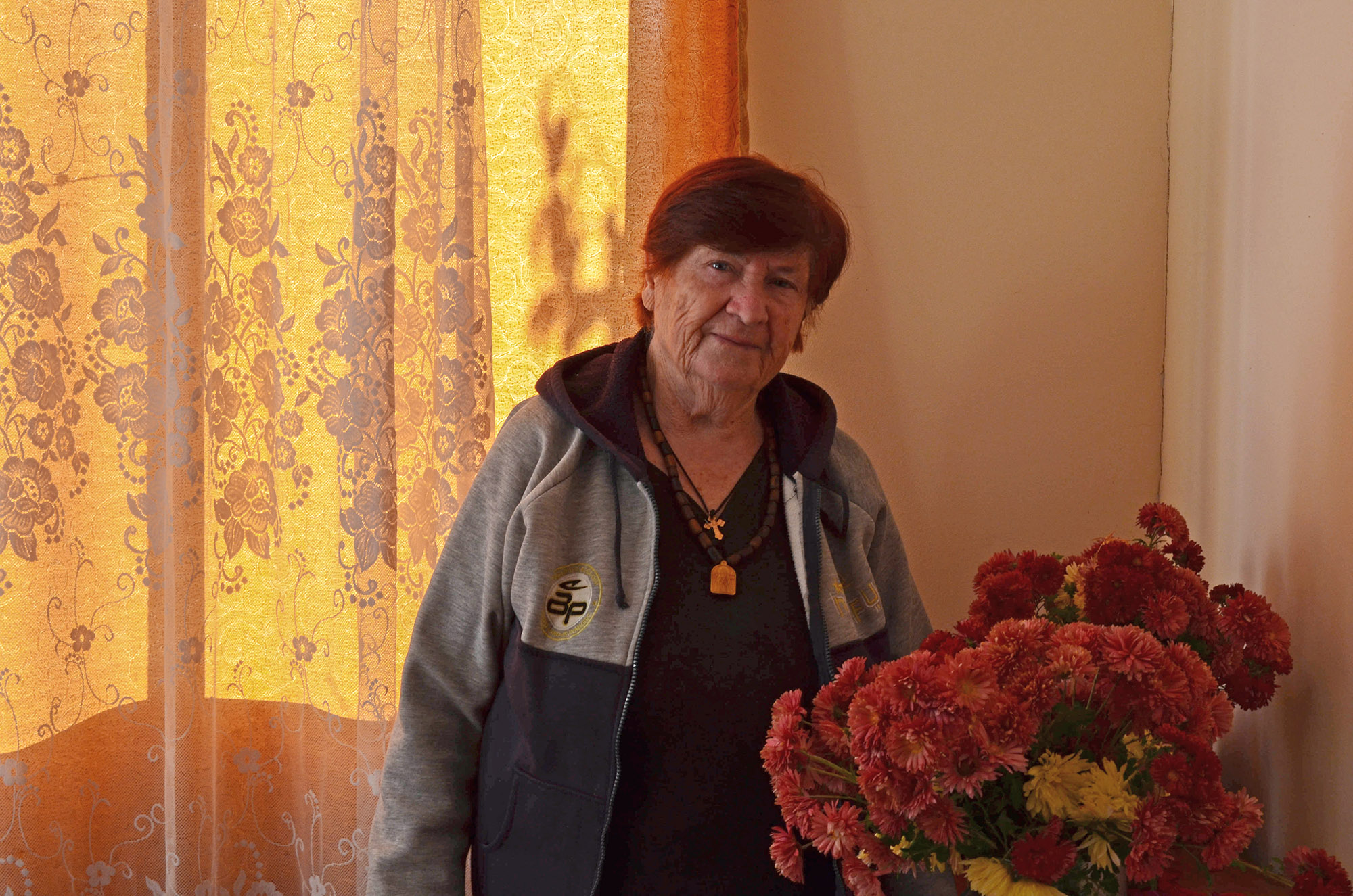
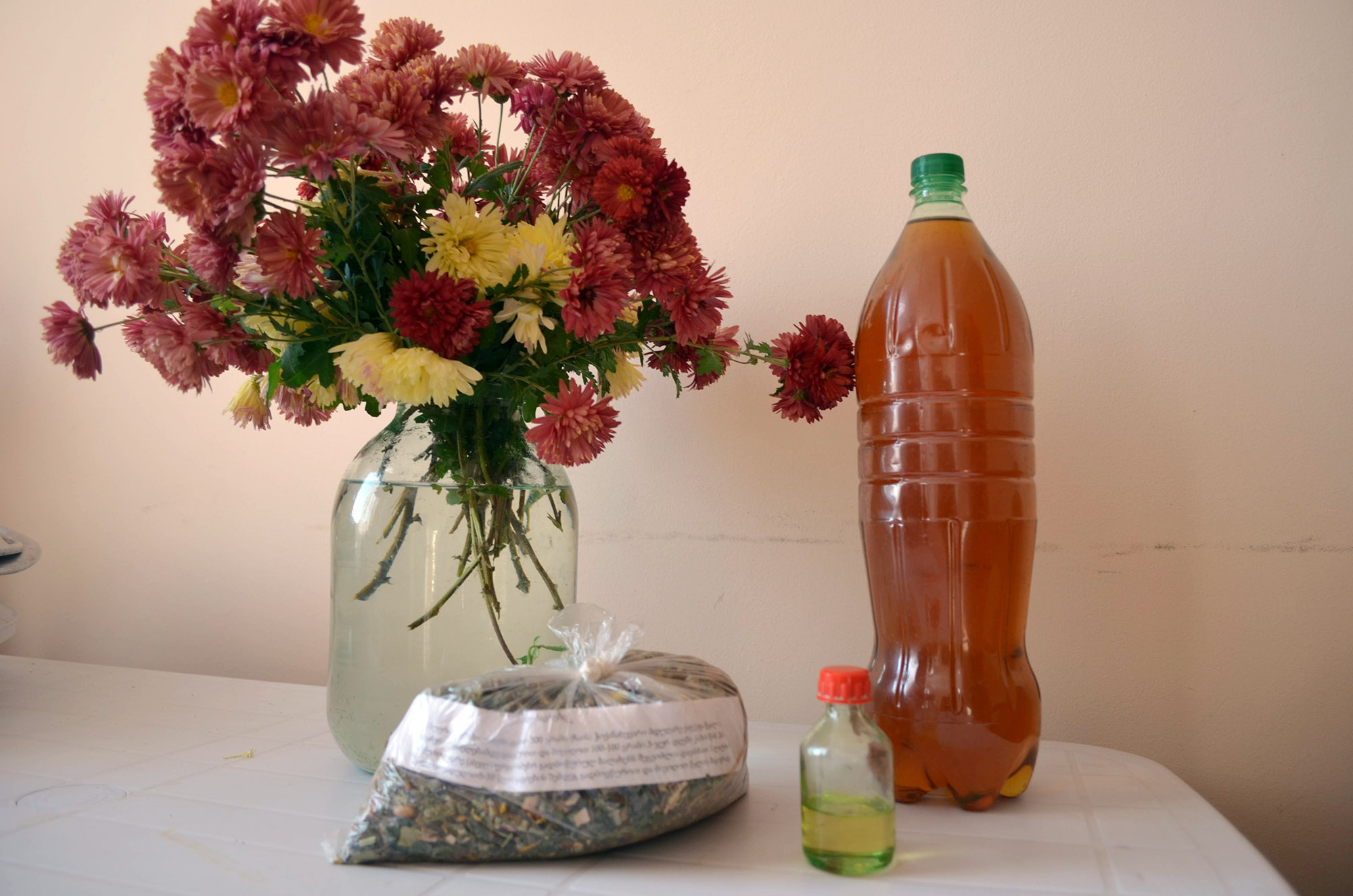
For others, like Medea Mgaloblishvili work in the forest is a seasonal affair. In the colder months, Mgaloblishvili lives in Jvari, in the northwestern Samegrelo-Zemo Svaneti region. But as seasons change and fruit begins to ripen, she leaves her home and family behind to go to a small wooden hut in the State forest fund, where she stays for several months to gather fruit.
According to Mgaloblishvili, the sale of fruits and other forest products is an absolutely essential source of income for her family, and for other families she knows.
But, because of how essential it is, she said, its sustainable use is only made double important.
‘One should perform their work without destruction. When you pick the blueberries, you should be considerate, careful and don’t break it, as you go there next year, you will see it no longer grows.’
